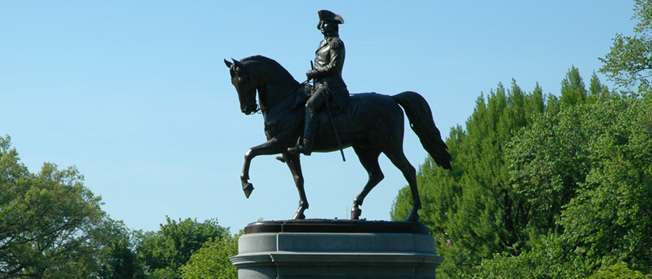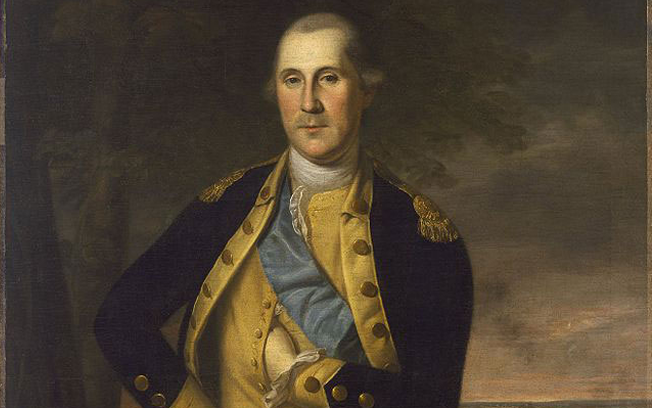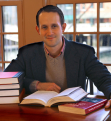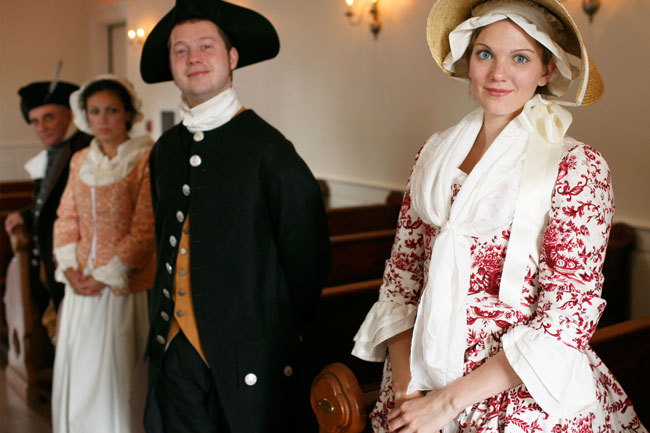A revered soldier and political leader, George Washington was the Father of our country and has always been one of the most iconic figures in American history. His eulogy, delivered by Major General Henry “Light Horse Harry” Lee, immortalized the words, “to the memory of the man, first in war, first in peace, first in the hearts of his countrymen.” That farewell address is one of the most famous speeches in American history. Over the years, many facts and myths have become associated with our country’s first president. Here are some fun facts that may surprise you about the man that his friends and wife called “General.”
He Was a Stickler for Dates
When Washington was born on February 22, 1732, the Virginia colonies used the old style Julian calendar. The colonies later adopted the current, new style Gregorian calendar that we still use today. The switch resulted in dates being moved back 11 days. Washington preferred the original 2-22, and his birthday is still celebrated on that date.
He’s a Scholar in Name Only
Although several universities and other educational institutions bear his name, Washington did not attend college. He is the only major founding father without a college education. He left school at the age of 15 because his family could not afford his college education. As a result, he was self-taught in many fields. His knowledge of the countryside and map-making skills as a surveyor enabled him to serve with distinction during the French and Indian War, in which he fired the first shot.
His Choppers Weren’t Chopped From Wood
Believe it or not, Washington’s false teeth were not made from wood. They were created using a combination of gold, ivory, carved animal bone and human teeth purchased from his African American slaves. The purchase records still exist. He used his false teeth to eat hoecakes, his favorite breakfast; simple cornmeal pancakes served with butter and honey.
He Was an Elitist, Rule Follower
Although he supported the sentiment that gave rise to the Boston Tea Party, Washington condemned the act. In 1774, Washington wrote that the cause of Boston was the same as that of America, but he also strongly voiced his disapproval of the event. Like many elites, Washington held that private property rights were paramount, so he viewed the action of the rebels as an act of vandalism rather than a patriotic statement. Washington believed that those involved should compensate the British East India Company for the damages they caused.
He Defied Death
Washington led troops in numerous military engagements, but despite commanding several well-known victories Washington lost more battles than he won during the Revolutionary War. In the French and Indian War, Washington had two horses shot out from under him and received four bullet holes in his coat as well as one in his hat. This perceived immunity to bullets led one Indian chief to remark that some higher power must be guiding his life. During the Nation’s Bicentennial, Washington was posthumously promoted to General of the Armies of the United States, the highest rank in the U.S. military. A 2012 poll conducted in Great Britain ranked Washington, not Napoleon, as the British Empire’s greatest military adversary. Although he made some battlefield blunders, Washington provided the leadership that was required to hold the Continental Army together for the eight years it took to achieve victory.





